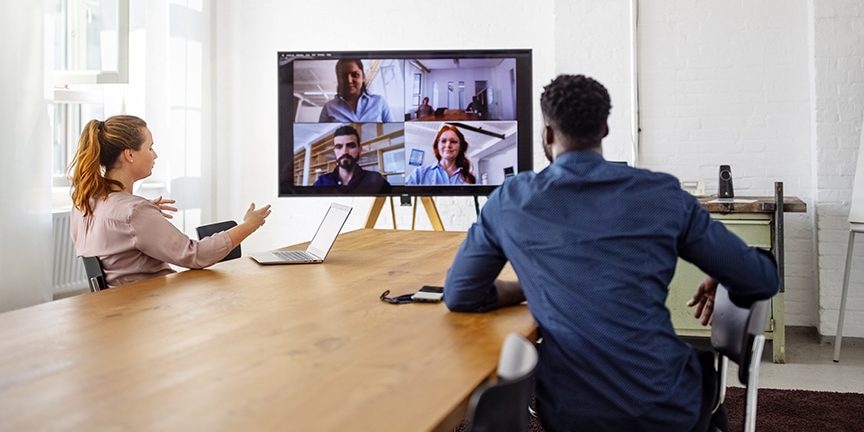The shift to hybrid workforces has brought many challenges and opportunities for businesses, but one issue that has become increasingly pressing is the issue of accountability. With more employees working from home, it can be harder to monitor progress and ensure that everyone is meeting their goals and responsibilities. This lack of visibility and accountability can lead to missed deadlines, decreased productivity, and a sense of disengagement among remote workers. To thrive in the new normal, businesses need to find new and innovative ways to increase accountability and drive results.
One of the biggest challenges of hybrid work is ensuring that everyone is aligned and working towards the same goals. With teams spread across different locations and time zones, it’s important to establish clear communication channels and ensure everyone is on the same page. Regular check-ins and progress updates can help to keep everyone informed and engaged, and provide opportunities for collaboration and problem-solving.
To increase accountability, it’s also important to establish clear roles and responsibilities, and ensure everyone is aware of what’s expected of them. This can include setting specific targets and milestones, and regularly monitoring progress to ensure everyone is on track. By making expectations clear, businesses can help to reduce confusion and ensure everyone is working towards a common goal.
Another key aspect of accountability is providing feedback and support. Remote workers may not have the same access to resources and support as those working in the office, and this can lead to feelings of isolation and disengagement. To overcome this, businesses need to find new ways to provide guidance and support to remote workers, whether it’s through regular check-ins, online resources, or virtual mentorship programs.
In order to increase accountability, businesses also need to invest in the right tools and technologies. This can include project management tools that provide real-time visibility into progress, collaboration tools that make it easier to share ideas and information, and time-tracking software that can help monitor employee productivity. By leveraging technology, businesses can ensure everyone is working effectively and efficiently, and make it easier to track progress and identify areas for improvement.
Finally, it’s important to foster a culture of accountability and empowerment. This means encouraging employees to take ownership of their work, and providing opportunities for growth and development. By investing in your people and empowering them to take charge of their own success, you can create a culture of excellence and drive results across your organization.
In conclusion, the shift to hybrid workforces has brought many challenges and opportunities, but one issue that has become increasingly pressing is the issue of accountability. With more employees working from home, it’s essential to find new and innovative ways to increase visibility and drive results. By aligning everyone around a common goal, establishing clear expectations, providing feedback and support, leveraging technology, and fostering a culture of accountability and empowerment, businesses can thrive in the new normal and achieve their full potential.






